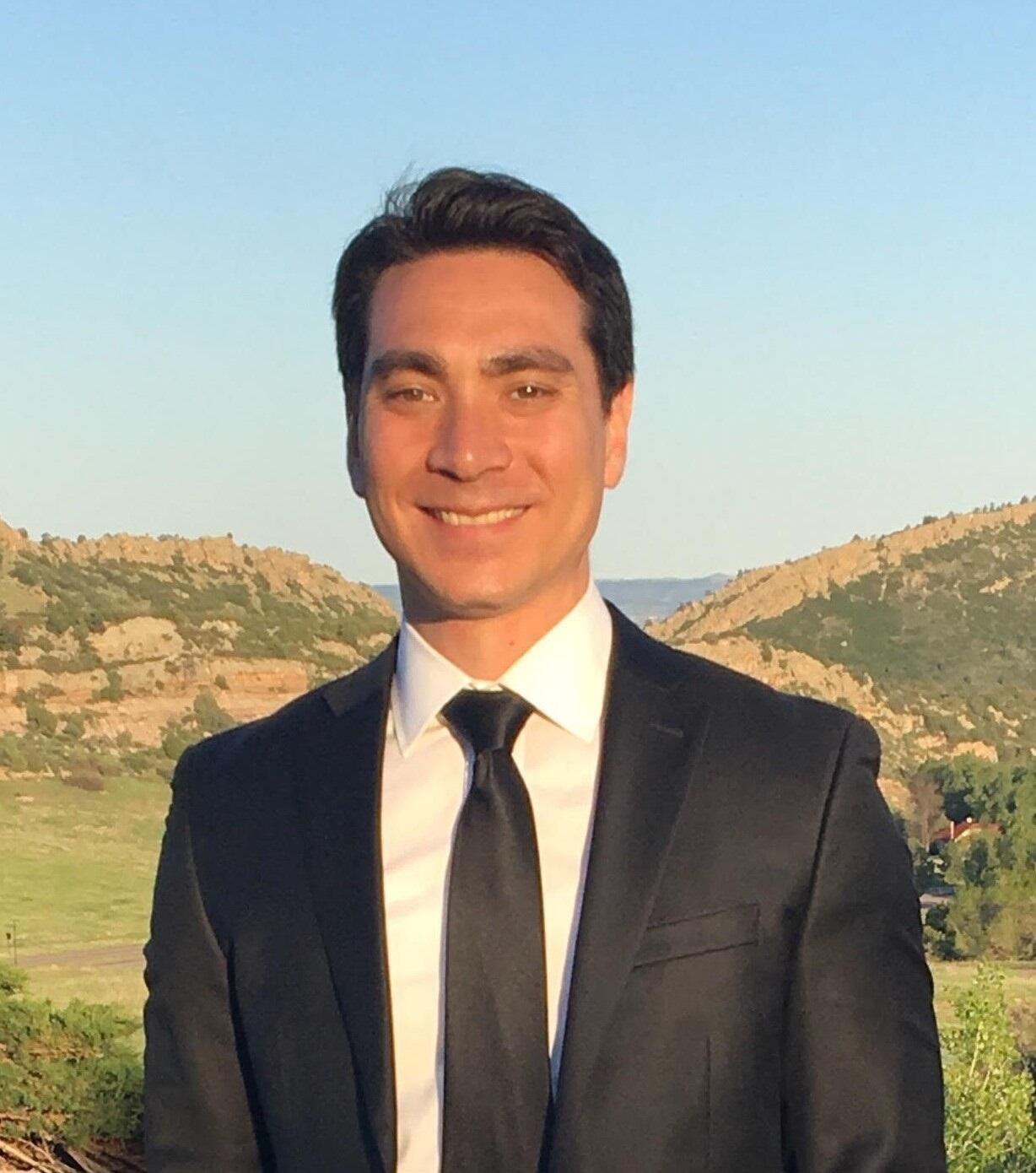July 30, 2020
Q&A with VCU professor Michael Paarlberg, senior Latin America policy adviser for Bernie Sanders’ campaign
With fewer than 100 days to the general election between President Donald Trump and former Vice President Joe Biden, Paarlberg said much is at stake when it comes to U.S.-Latin America relations.
Share this story
During this year’s Democratic presidential primary, Virginia Commonwealth University political science professor Michael Paarlberg, Ph.D., served as the senior foreign policy adviser on Latin America for the campaign of Sen. Bernie Sanders.

Paarlberg, an assistant professor in the Department of Political Science in the College of Humanities and Sciences who specializes in immigration, labor and Latin American politics, advised the campaign on all matters related to U.S. policy within Latin America.
“I led a small team of other Latin America experts and together we interfaced with the Sanders campaign’s broader foreign policy team in drafting position papers by country and topic, talking points ahead of debates, and analysis of current events like the coup in Bolivia,” Paarlberg said. “As the primaries were underway, we focused especially on issues of importance to Latinx diaspora communities in specific states.”
With fewer than 100 days to the general election between President Donald Trump and former Vice President Joe Biden, Paarlberg said much is at stake when it comes to U.S.-Latin America relations, including on issues tied to COVID-19, climate change and economic security.
Looking ahead, what do you anticipate will be the most urgent Latin American foreign policy issues to face the next president?
I can't speak to what the next president will focus on, but I am hopeful that the next administration will take a holistic approach to improving U.S.-Latin America relations on the basis of mutual respect and mutual interests. This means breaking with not only the past four years of xenophobic degradation of our neighbors, but with the legacy of a past century of bad U.S. policies, from support for coups and odious authoritarian regimes to economic policies that have hurt working people in both the U.S. and Latin America. We have to build the good faith needed for us to play a positive role in aiding the fights against corruption, poverty, a resurgence of authoritarianism, climate change, and now the COVID-19 pandemic.
Amid the pandemic, a struggling economy and nationwide protests, foreign policy isn't receiving as much attention in this year's presidential race. If you were to highlight one Latin American foreign policy that should be receiving more attention right now, what would it be?
I would say all of these issues are foreign policy as well as domestic policy issues. Obviously COVID-19, which knows no national boundaries. But also the struggles for racial justice, economic security and health care are things that unite all Americans, in the hemispheric sense of the word.
Just to focus on one issue: the destruction of the Amazon, which we witnessed last year with out-of-control fires in Brazil as well as in neighboring countries, has dire ramifications for global climate change. Whether we have a habitable planet in the future depends in large part on how willing the U.S. and other countries are to confront governments that enable this destruction.
What was your experience of serving as an adviser to the Bernie Sanders campaign like?
Advising Sanders and the campaign was a tremendous experience. As a political scientist, I welcome any opportunity for my research to have a real-world impact. But personally, I have great admiration for the senator. So being able to provide my expertise in developing policy and messaging was a unique honor.
Subscribe to VCU News
Subscribe to VCU News at newsletter.vcu.edu and receive a selection of stories, videos, photos, news clips and event listings in your inbox.









